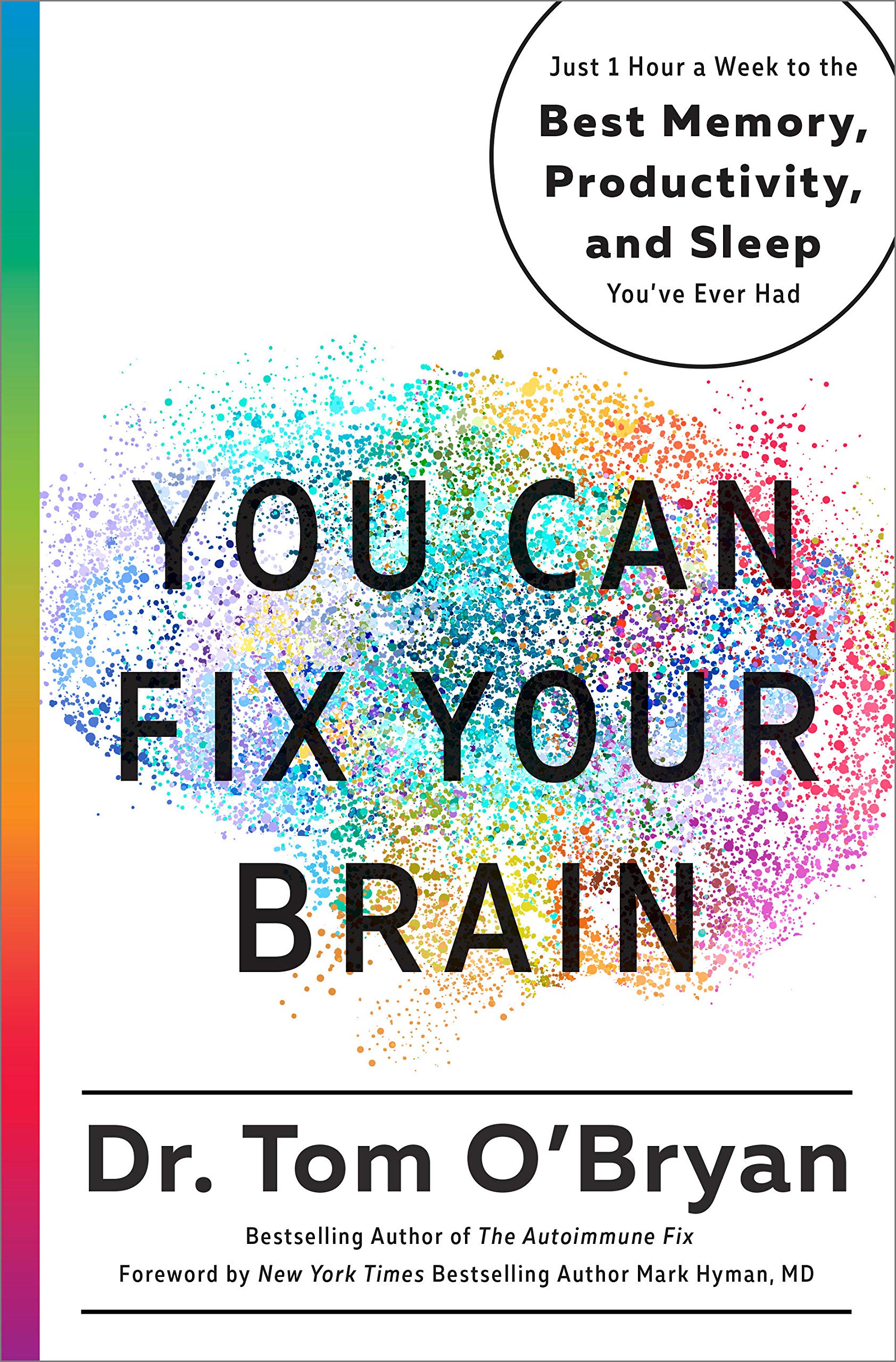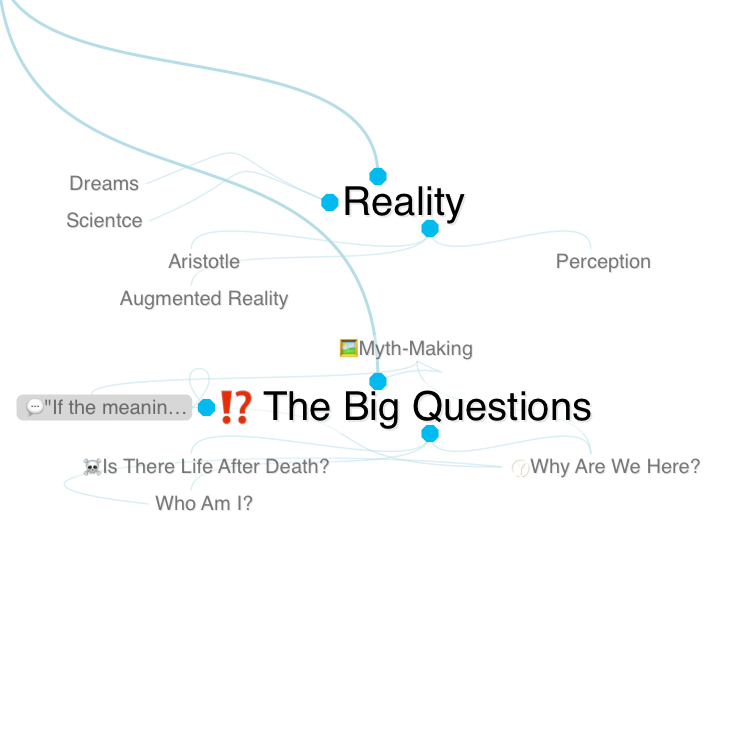

This more closely mimics your natural wake cycle and can lead to feeling more wakeful by the time you’re out of bed.Save and print text messages and iMessages, including attachments. Some apps and alarm clocks are designed to slowly wake you with either light or gradually increasing sound. If you find yourself consistently using the snooze button, consider swapping to an entirely different type of alarm. Swap the snooze button for a different kind of alarm. The more times you put off getting out of bed, the more you confuse your brain and risk sleep inertia. Try to limit the extra relaxation time to nine minutes rather than 18 or 24. Hitting snooze only once is less harmful to your sleep health than doing so again and again. The snooze button should really be a backup alarm in case you do fall back to sleep, rather than an excuse to ignore your initial alarm. During those extra nine minutes, take the opportunity to stretch and wake slowly rather than drifting back off to sleep. Many sleep experts will say that using the snooze button isn’t always a bad thing-so long as you use it as a way of allowing your brain to slowly wake up rather than falling back asleep. Keep yourself partially awake after you hit snooze. If you're an avid user of the snooze button and show no signs of stopping, consider these tips to get the most out of those 9 minutes. So while very infrequent use of the snooze button might not have this effect, doing so regularly will likely make it harder to break the habit. Some sleep researchers believe that chronic use of the snooze button trains your brain to think “just a few more minutes” rather than “time to wake up” when it hears your alarm. If you’re guilty of hitting the snooze button regularly, you could be conditioning your brain to have an even harder time waking up in the morning.

Regularly hitting the snooze button can confuse your brain. So even if you haven’t had enough sleep, hitting the snooze button will only make you feel worse. The consequence is feeling even more tired or fatigued than you would after simply waking with your first alarm. As it turns out, these early sleep stages are actually the worst time to wake up.
#THEBRAIN 9 RECOVER BACKUP OF ATTACHMENTS FULL#
So, if you have only had a few hours of sleep and end up hitting the snooze button, your body more quickly drifts off to the beginning of a full sleep cycle. If you aren’t getting the recommended amount of sleep for your age, your body’s waking routine is already thrown off.

That seems a good enough reason to get up and at it after your first alarm!įor the chronically sleep deprived, the snooze button may be even worse. But when you drift off after already waking once, your brain and body are more likely to experience what sleep experts call ‘sleep inertia’, which causes that familiar feeling of drowsiness that can last for hours after you wake.Īs good as hitting the snooze button feels, doing so might throw off your energy levels for the rest of the day. When you wake after your first alarm, your body is already well into this waking process. By raising your body temperature and releasing chemicals that promote wakefulness, your body and brain are working together to get you up and out of bed. Hitting snooze throws off your body’s natural “wake up” routine.īelieve it or not, your body starts preparing to wake almost two hours before you finally open your eyes. If you’re an avid lover of the snooze button, consider these 3 reasons why getting up to greet the day right away is always a better idea. As it turns out, sleep science suggests that hitting the snooze button can not only disrupt healthy sleep patterns, but may leave you feeling drowsy for the rest of the day. Unfortunately for avid fans of the snooze button, science is not on their side. Is hitting the snooze button really all that bad for you? Our very first installment of #SleepMythbusters answers a question we hear all the time.


 0 kommentar(er)
0 kommentar(er)
